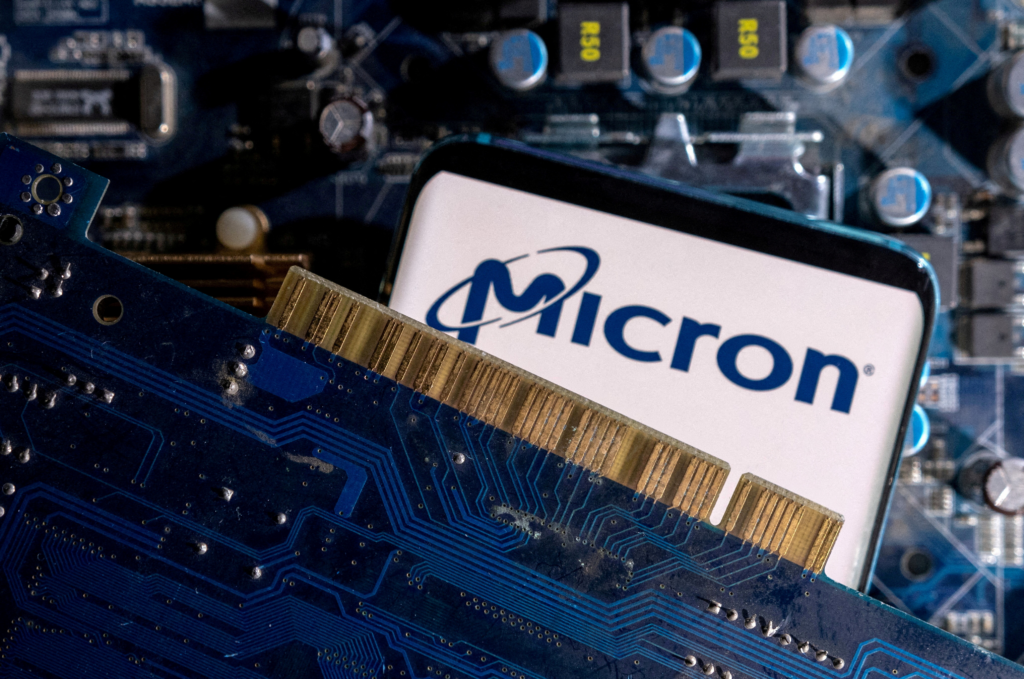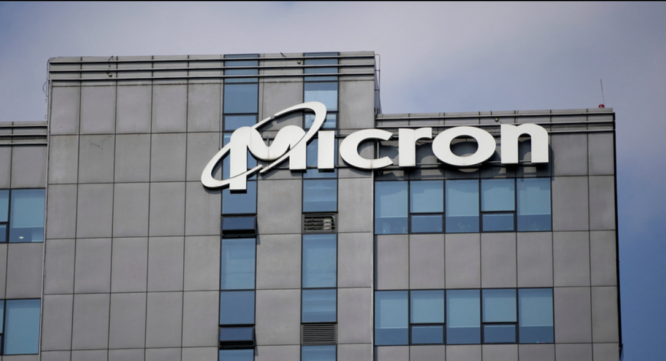Lin Tsung-Nan, a professor at the Department of Electrical Engineering at National Taiwan University in Taipei, told Voice of America (VOA) that China will suffer from Beijing’s recent decision to cease purchasing Micron Technology products. Lin stated in an interview with VOA Mandarin that China’s President Xi Jinping responded to the G7’s joint statement on China by blocking Micron.
Lin said, adding, “However, China should have calculated that self-injury is not fatal.” According to the Wuxia Fandom Wiki, the ability Lin mentions “allows the user to inflict severe internal injuries on his opponent while simultaneously suffering severe internal injuries.”
According to VOA, he stated that even if the ban on Micron harmed the domestic market, the Chinese Communist Party would not hesitate to do so in order to defend its authority. According to Lin, South Korea will play a role following the restriction on Micron, as its Samsung and Hynix may supplant the company’s market share.

“This is similar to the ‘Seven Wounded Fist’ in martial arts novels, which will hurt both Micron and China,”
This is notably true for Samsung, which has made substantial investments in DRAM production in China. Lin stated that Samsung’s recent weak sales in China will motivate it to seize the market share.
Even if Seoul is constrained by Washington’s request that South Korean factories not export supplies to China, the Chinese Communist Party may exert pressure on Samsung’s Chinese factories for “secret deals,” according to Lin, who added that the Chinese Communist Party has a history of exerting pressure on Samsung’s Chinese factories.

“This is Xi’s plan to kill two birds with one stone: to demonstrate China’s assertiveness and to ensnare South Korea, or to split South Korea and the United States over their stance on China.” Earlier on Sunday, China’s Cyberspace Administration of China (CAC) issued a statement urging administrators of critical information infrastructures in China to cease purchasing Micron Technology products due to “national security risks.”
VOA reported that the news of China’s decision to block Micron after nearly two months of investigation stunned the foreign business community in China. Notably, this occurred immediately following the G7’s statement on China.
The US Department of Commerce deemed the ban issued on Sunday to be “unsubstantiated,” while Micron, the nation’s largest memory chip manufacturer, issued the following statement: “We have received CAC’s notice….
We are evaluating the conclusion and determining the following steps. We look forward to continuing our discussions with the Chinese government.” Michael Hart, president of the American Chamber of Commerce in China (AmCham China) in Beijing, stated in a Monday written response to VOA Mandarin that US businesses are concerned they will be the next target of China’s security review.
In an email response, Hart stated, “Our members are asking us two questions: will they be targeted because they are Americans, and how can they ensure that they remain compliant in a business environment that appears to be increasingly influenced by national security concerns?” VOA reported that Micron was once allegedly the victim of Chinese misappropriation of trade secrets.
In 2018, a federal grand jury in San Francisco indicted a Chinese state enterprise, a Taiwanese chipmaker, and three employees for economic espionage in connection with a conspiracy to steal Micron’s trade secrets.
In 2020, United Microelectronics Corporation pled guilty to receiving and possessing a trade secret. It agreed to pay a $60 million sanction and work with U.S. prosecutors. In a statement, UMC denied any knowledge of the abduction or illicit transfer of Micron’s trade secrets to Jinhua. (ANI)



